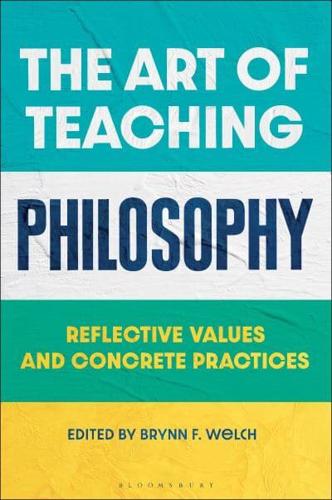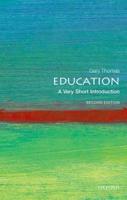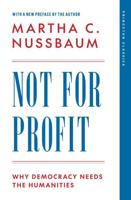Publisher's Synopsis
Teaching is a moral enterprise through which we reflect our most deeply held values. Thoughtful teaching begins before the syllabus is written and continues well beyond the end of the semester. In this book a team of over 30 renowned and innovative US philosophy teachers offer accessible reflections and practical suggestions for constructing a philosophy course.
Our classroom can mimic dynamics that emerge in the broader society, or it can teach students new ways of engaging with one another. From syllabus design and classroom management to exercises and assessments, each chapter answers frequently asked questions: How do we balance lecture with discussion? What are our goals? When we're leading a discussion and a student (or several students) say false things, what should we do? What are the costs of correcting them? Here is an in-depth exploration of topics such as content selection, assessment design, mentorship, and making teaching count professionally.
Each contribution balances reflective values with concrete advice emerging from tried-and-tested practices. Insightful discussions about theories of philosophy pedagogy feature throughout. Divided into The Philosophy Course, The Philosophy Classroom, Exercises and Assignments, and What Comes Next, chapters include insights from students on what they have learned from studying philosophy. For teachers of philosophy at any stage of their career this is a must-have resource.









